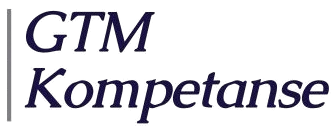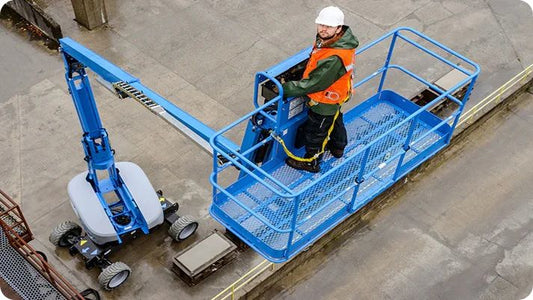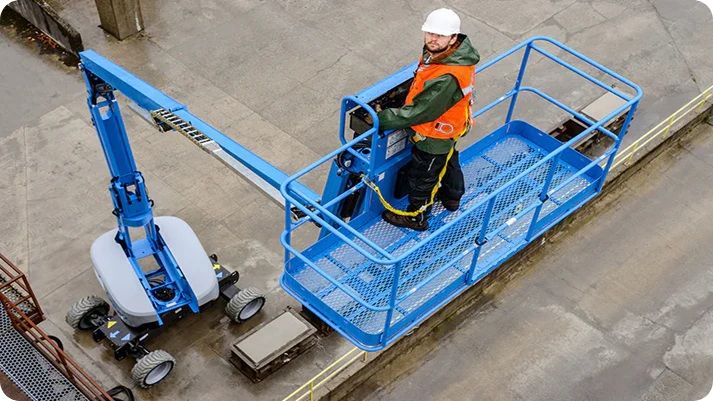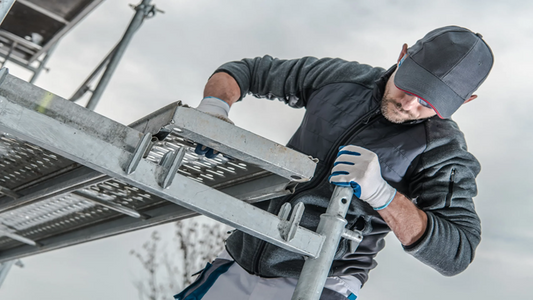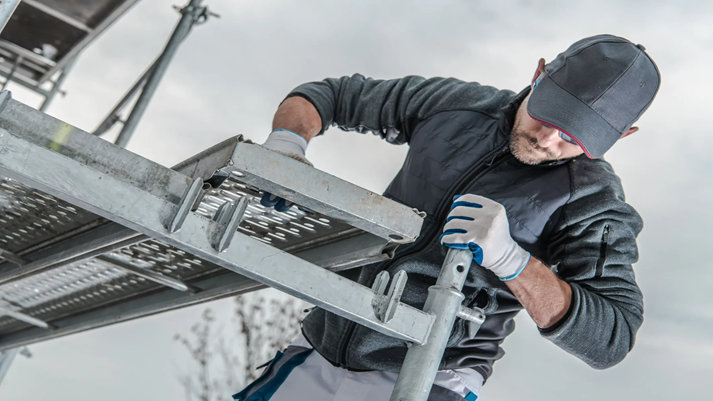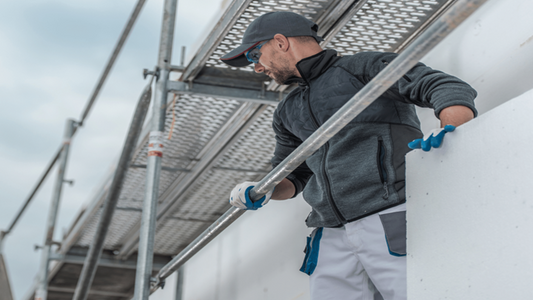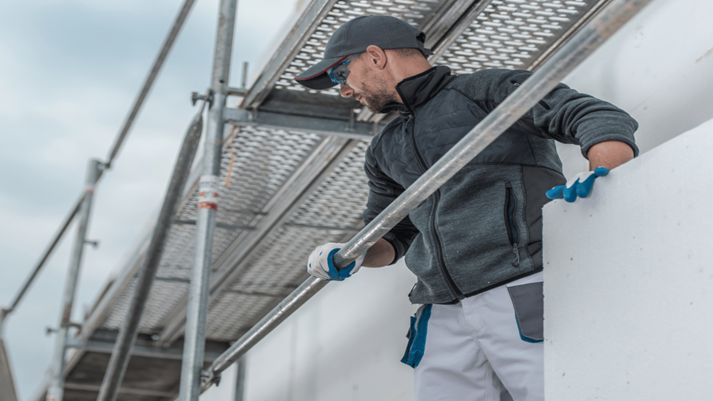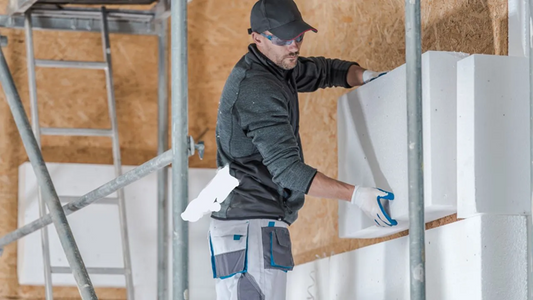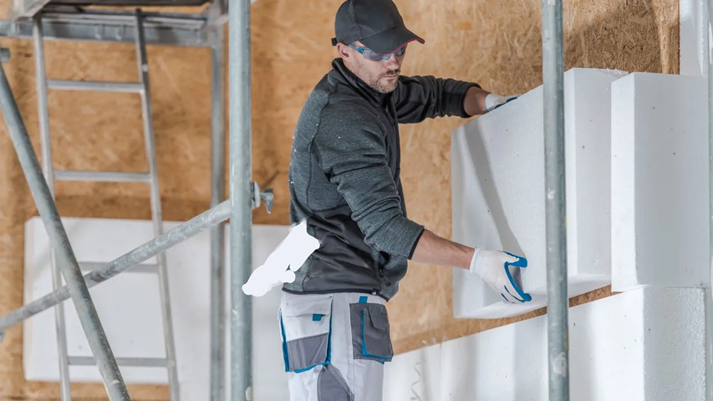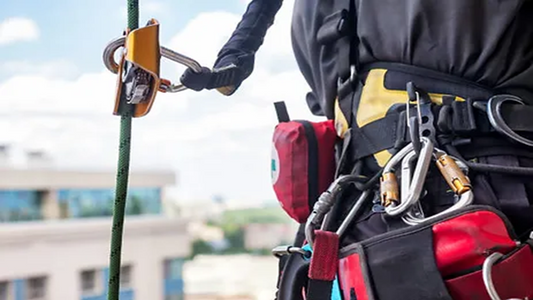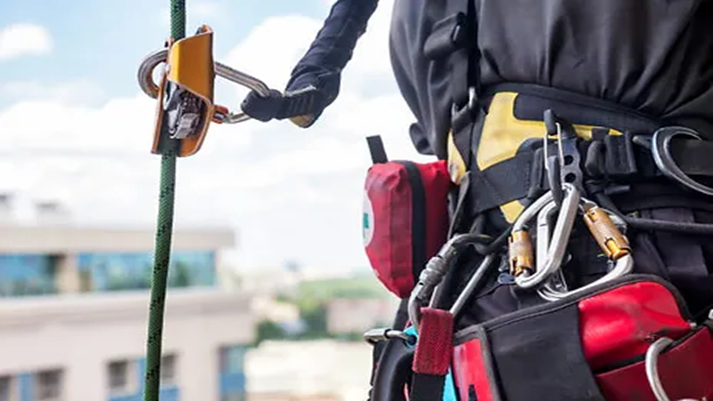Working at height always involves a risk of falls and injuries. That's why proper training and certification are essential for anyone who will be using personal lifts in a work context. But who really needs to take a personal lift course, and what do you get out of it? In this article, we explain why personal lift courses are important, who needs them, and how you can take the course – either digitally or in a classroom.
What is a personal lifting course ?
A personnel lift course provides training in the safe use of personnel lifts, which are machines that lift workers to heights, such as scissor lifts, boom lifts or telescopic lifts. The course covers both practical and theoretical aspects of using such lifts, and focuses on safety, regulations and correct operation.
Who must have a personal lifting course ?
A personal lifter course is required for anyone who will drive or operate personal lifts in a professional context. This applies to, among other things:
- Construction workers working at height
- Electrical installers
- Service and maintenance personnel using lifts
- Industrial workers
- Anyone who needs to work safely and legally with personal lifts in the workplace
Employers are responsible for ensuring that employees have the necessary training to be able to use lifting equipment safely.
Why is a personal lifting course important?
- Prevents accidents and injuries: Improper use of personnel lifts can lead to serious accidents, including falls and crushing injuries.
- Ensures legality: The course provides you with documentation that shows you have the legal competence.
- Increases safety in the workplace: Proper training contributes to a better safety culture and less risk.
- Meets requirements from authorities and insurance companies: Certification is necessary to meet the requirements of the Working Environment Act and insurance terms.
How to take a personal lifting course at GTM Kompetanse?
We offer both online and physical courses that provide you with the necessary certification:
- Online course Lift course (personnel lift) – flexible and effective, adapted to your schedule.
- Classroom course for personal lifts – practical training with an instructor and the opportunity for questions and guidance.
Combine with a fall protection course for complete safety
In many cases, it is recommended to take a fall protection course in addition to a personal lift course. Fall protection courses provide knowledge about personal protective equipment and safety techniques to avoid fall accidents.
We also offer fall protection courses as online and classroom courses:
A personal lift course is a necessity for anyone who will operate personal lifts in a professional context. The course contributes to increased safety, legality and security in the work. At GTM Kompetanse you can choose between flexible online courses or traditional classroom courses, and we also recommend fall protection courses to complement your competence.
Do you want to protect yourself or your employees? Check out our courses and sign up today!
